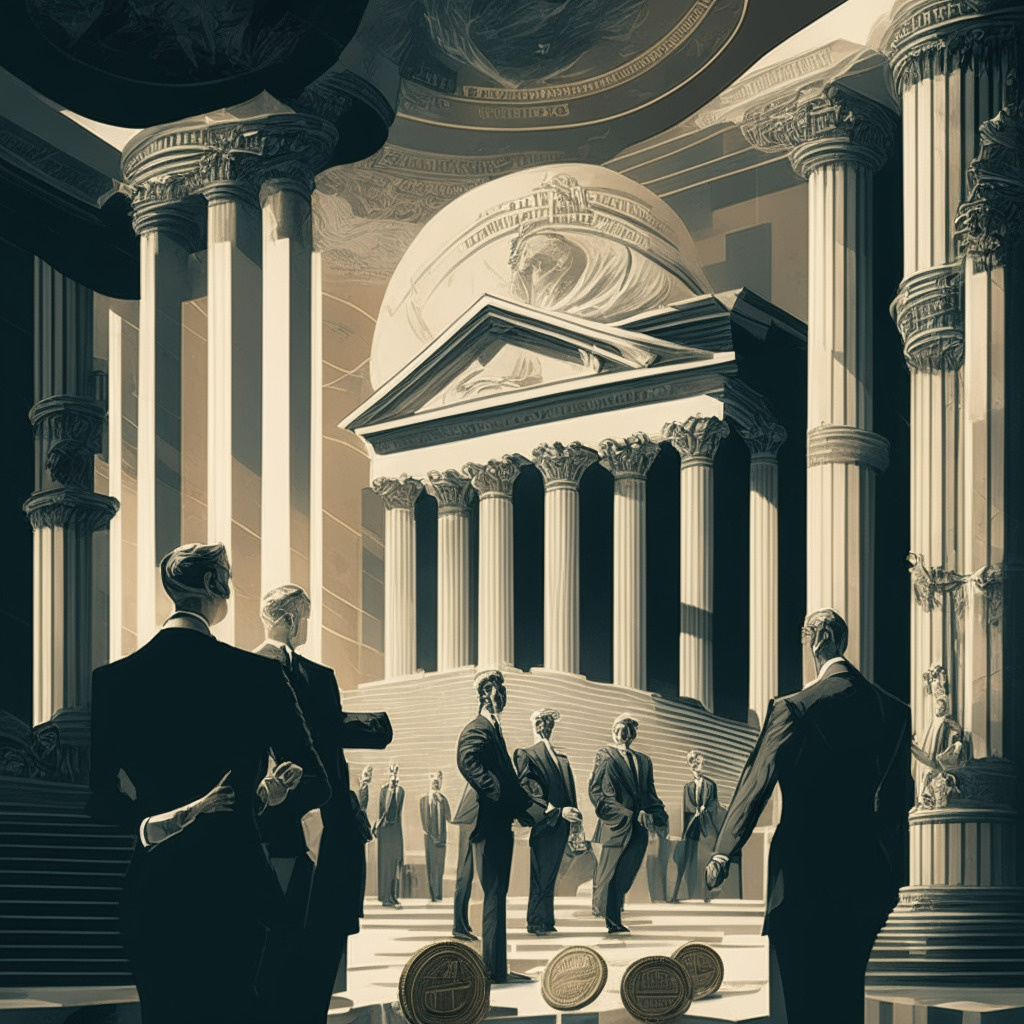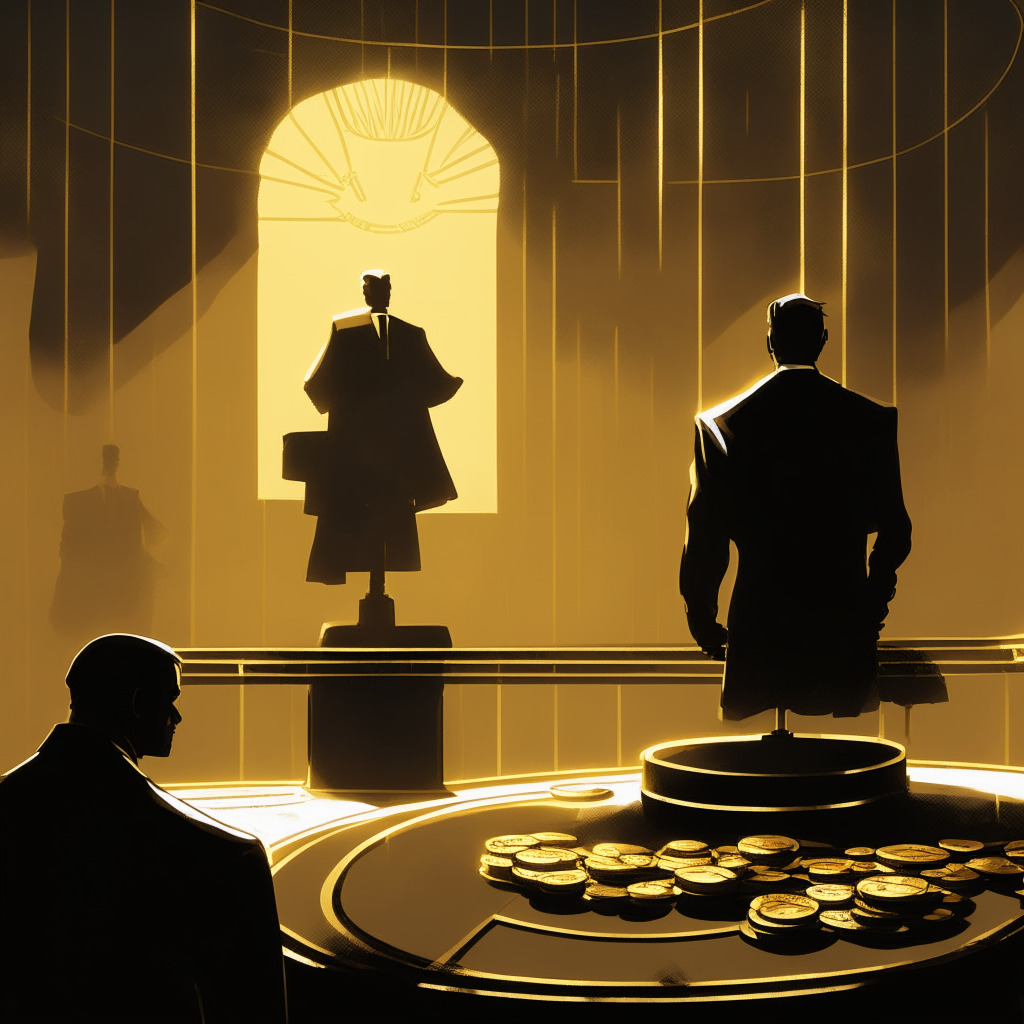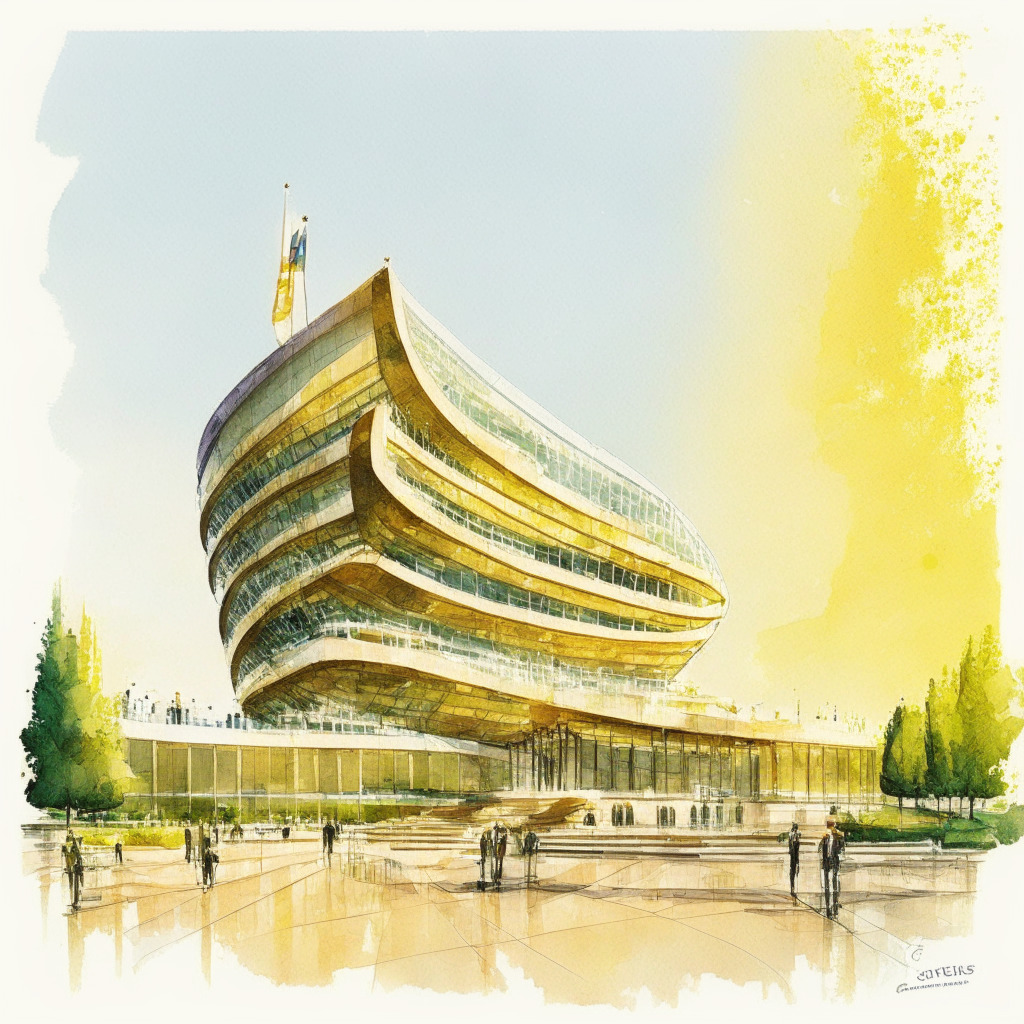The world of cryptocurrencies and blockchain technologies has not been devoid of controversies, and it continues to face regulatory hurdles in various corners. One recent case that has grabbed the attention of the crypto community is the bankruptcy filing of Banq, a subsidiary of the crypto custodian Prime Trust. The situation also involves other players, including BitGo, TrueUSD, and Haru Invest, which are closely watching the developments.
Banq filed for bankruptcy in the U.S. bankruptcy court in the district of Nevada, citing approximately $17.72 million in assets against $5.4 million in liabilities. The filing comes as Prime Trust works to close an acquisition deal with BitGo, amidst facing a financial crisis in the wake of the Celsius bankruptcy.
However, the interest doesn’t stop there. TrueUSD, a stablecoin that has a banking relationship with Prime Trust, has reported a pause in stablecoin mints and redemptions. Interestingly, the company clarified that the pause has to do with “Prime Trust’s bandwidth issues.”
Another notable instance in the domino effect is Haru Invest, a South Korean crypto yield firm that has also halted its operations due to difficulties with an unnamed service provider, which is speculated to be either Banq or Prime Trust.
In Banq’s bankruptcy filing, the company highlights that $17.5 million in assets were taken in an unauthorized transfer by former officers. This transfer entails trade secrets, proprietary information, and technology to Fortress NFT Group, which was founded by Banq’s former CEO, CTO, and CPO.
The twist in this tale is Banq’s lawsuit against its former executive trio, alleging that they stole trade secret information to launch rival NFT platforms Fortress NFT and Planet NFT, and engaged in fraudulent activities to cover up their misconduct. Banq also accuses its former CEO Scott Purcell of attempting to shift the company’s focus towards NFTs and, after facing resistance from the board and shareholders, founded Fortress NFT and sold Banq’s computers, intellectual property, and corporate infrastructure to the new firm.
The case, riddled with allegations and counter-allegations, moved to arbitration in early 2023, as per a judge’s order, when Purcell and the other defendants in the case signed arbitration clauses.
While the controversial developments in the companies involved may seem small in the grand scheme of things, they do raise concerns over the accountability and transparency of actors in the crypto space. As the industry matures, tough questions must be addressed to ensure the safety and integrity of the market, the technology, and the people engaged in it. With the current regulatory climate, future challenges for the cryptocurrency world abound, particularly in striking the right balance between innovation and security.
Source: Coindesk




